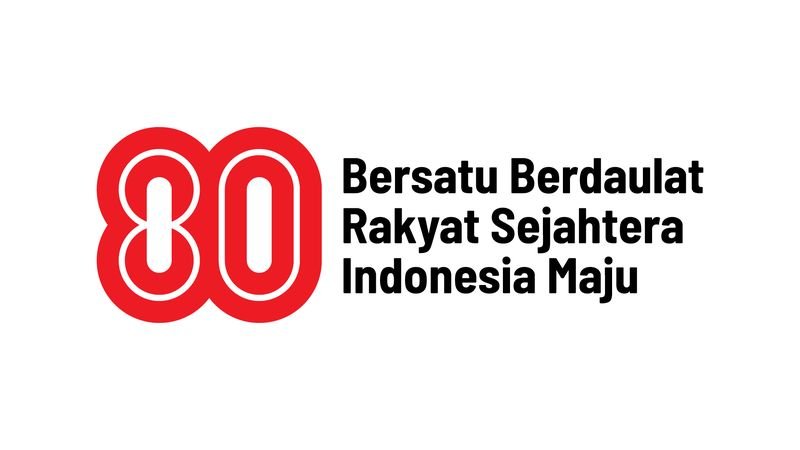Klungkung, Bali – In a bold move to combat tax evasion and modernize its tourism infrastructure, Nusa Penida—Bali’s famed island getaway—has officially transitioned to a fully digital ticketing system. The new cashless mandate, requiring e-tickets and digital payments for all visitors, aims to plug revenue leaks, enhance transparency, and streamline operations. Reported by Bali Today, the policy reflects Indonesia’s broader push for fiscal accountability in tourism-dependent regions.
With a 2025 retribution target of Rp40 billion (approx. $2.5 million)—up from Rp31 billion in 2024—local authorities say digitization is key to ensuring every tourist dollar is tracked. The shift also promises to improve visitor convenience, eliminating long queues and cash-handling hassles. As global destinations grapple with balancing tourism growth and governance, Nusa Penida’s experiment could offer a blueprint for emerging economies.
A Digital Shield Against Revenue Loss
Nusa Penida’s crystalline waters and dramatic cliffs have made it a magnet for tourists, but its popularity has also exposed gaps in revenue collection. Previously, manual ticketing and cash payments left room for manipulation, with reports of unrecorded transactions siphoning off public funds.
Now, through a third-party partnership, the Klungkung Regency government has rolled out an integrated e-ticketing and e-payment system. “This ensures every entry fee goes directly to regional coffers,” said the Head of the Klungkung Tourism Office. “No more middlemen, no more leaks.”
Bupati (Regent) I Nyoman Suwirta framed the policy as both a fiscal safeguard and a public trust initiative. “Transparency isn’t just about technology—it’s about our commitment to responsible governance,” he stated. The system’s real-time tracking allows auditors to monitor transactions, reducing opportunities for corruption.
Balancing Tourist Growth and Fiscal Integrity – Nusa Penida Cashless System
Nusa Penida’s cashless pivot mirrors a global trend. From India’s Taj Mahal to Peru’s Machu Picchu, digital ticketing has become a tool to combat graft and optimize revenue. For Klungkung, the stakes are high: tourism contributes over 60% of the regency’s income, and Nusa Penida alone welcomed nearly 500,000 visitors in 2023.
The Rp40 billion target hinges on strict compliance. While foreign tourists—who pay higher fees—are accustomed to cashless systems, domestic visitors may need adjustment. Authorities plan awareness campaigns and on-site support to ease the transition.
Beyond accountability, the digital shift promises operational perks. “Fewer cash transactions mean faster entry, shorter lines, and better crowd control,” explained a tourism official. For a destination often criticized for overcrowding, efficiency gains could enhance both sustainability and visitor satisfaction.
A Model for Emerging Destinations?
Nusa Penida’s experiment arrives as developing nations seek sustainable tourism models. Leakage of tourism revenue—estimated at 20–40% in some economies—undermines local development. Digital systems, while not a panacea, offer traceability that cash cannot.
Critics, however, warn of exclusion. Not all travelers have access to digital payment methods, and infrastructure gaps persist in rural areas. Klungkung officials say exemptions will be handled case-by-case, but the priority remains full adoption.
For now, the move signals Bali’s ambition to modernize its tourism economy. If successful, it could inspire similar reforms across Indonesia’s 17,000 islands—and beyond. As one official put it, “Transparency isn’t just good governance; it’s good business.”





